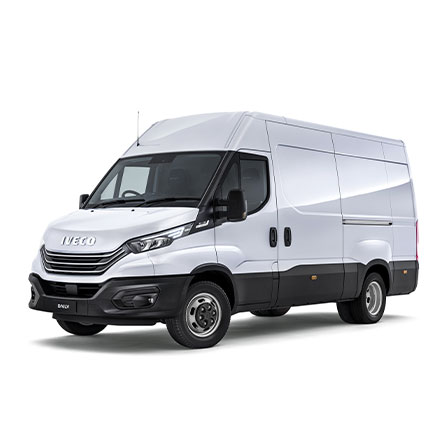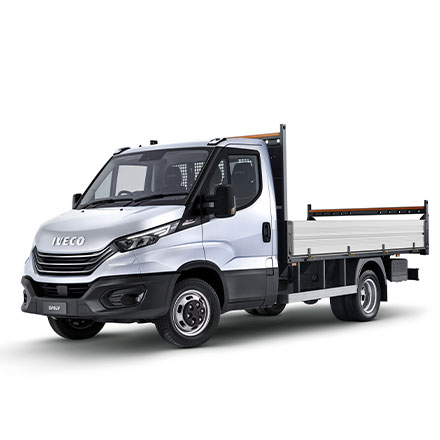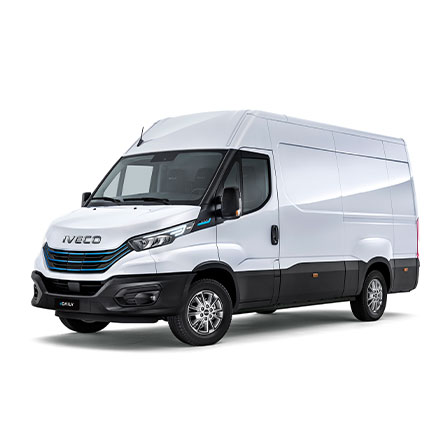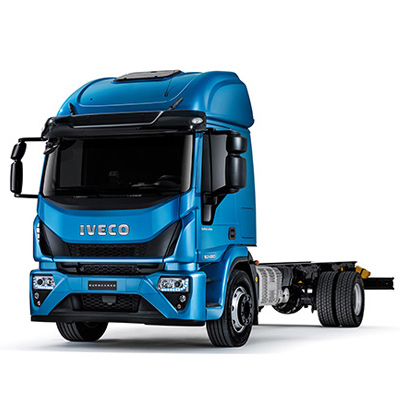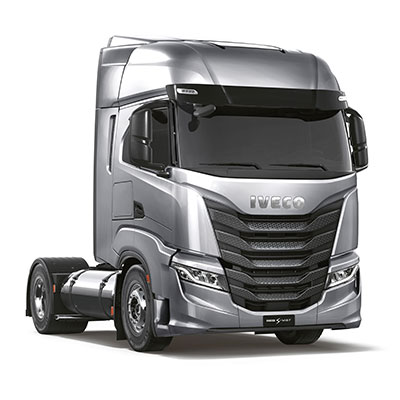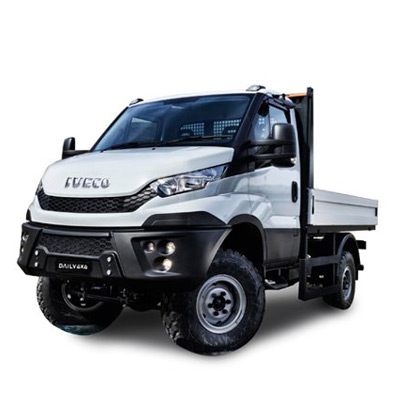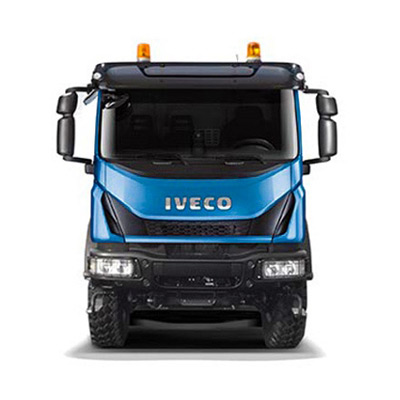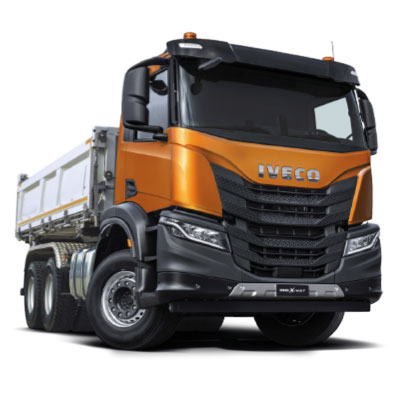Please Wait
IVECO plants in Madrid and Valladolid receive the Lean & Green Star for their carbon footprint reduction
Thursday 17th November 2022
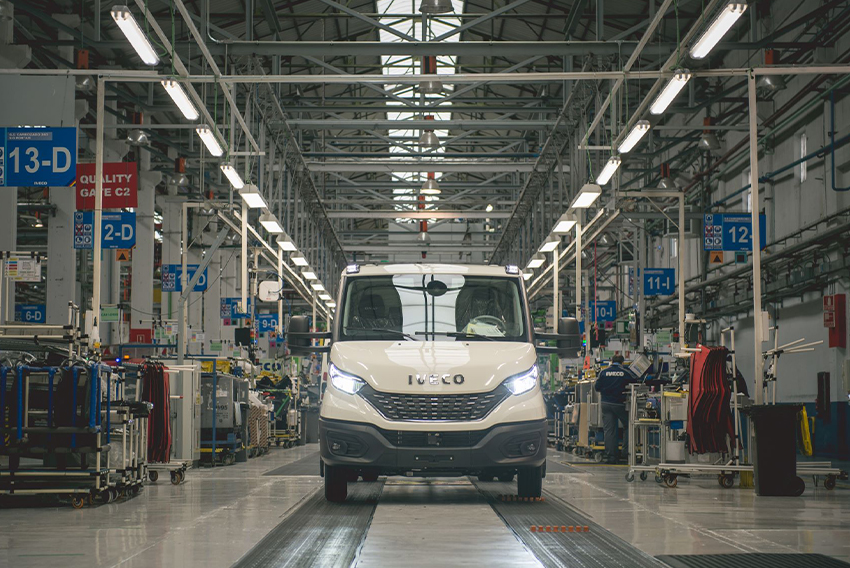
The IVECO plants in Madrid and Valladolid have been awarded the Lean & Green Star by the Association of Manufacturers and Distributors (AECOC) for reducing their carbon footprint. The two factories enrolled in the Lean and Green programme in 2016, when they initiated an Action Plan to reduce CO2 emissions and minimise the impact of logistics processes on greenhouse gas emissions, with a commitment to cut their carbon footprint by 20% in five years.
The Star released by Lean & Green (the largest European platform specifically aimed at reducing emissions throughout the supply chain) certifies that the two plants have delivered on this commitment. This achievement represents a tangible contribution towards IVECO’s goal to reach carbon neutrality across its entire value chain, and a significant step in its comprehensive sustainability strategy.
The Madrid plant is dedicated to production of IVECO’s entire range of heavy vehicles for the global markets and has a workforce of 2,850 employees. The Valladolid facility employs around 1,000 people and manufactures the Daily light commercial vehicle in chassis cab and Hi-Matic versions. In addition, it is also responsible for manufacturing and painting the cabins for the heavy line production at the Madrid plant.
The measures implemented at the two plants to reduce their carbon footprint involved direct emissions (Scope 1), indirect emissions (Scope 2) and transport efficiency (Scope 3), affecting most of the production processes. A number of the actions undertaken have come from ideas collected from the workers at the two factories.
The Scope 1 and Scope 2 measures focused on reducing the plants’ consumption of natural gas and electricity with actions such as photovoltaic energy projects, installation of heat recuperators in afterburners, generation of photothermal energy and diversification in heating production.
Scope 3 activities included, among others, optimisation of 'milk run' routes to allow a full load per truck, development of new container models for load optimisation, use of RFID technology to improve inventories and reducing unnecessary express transports.


